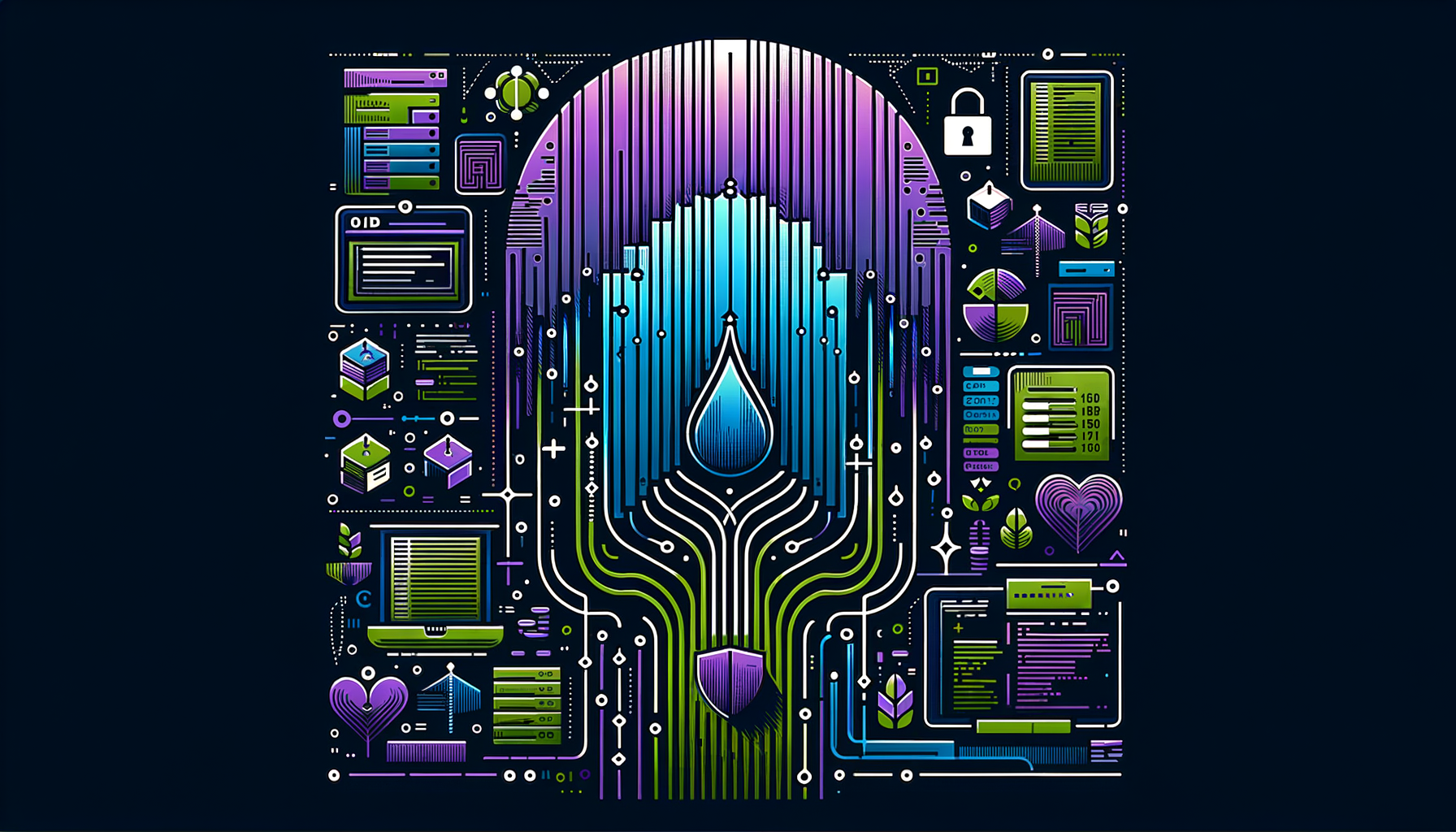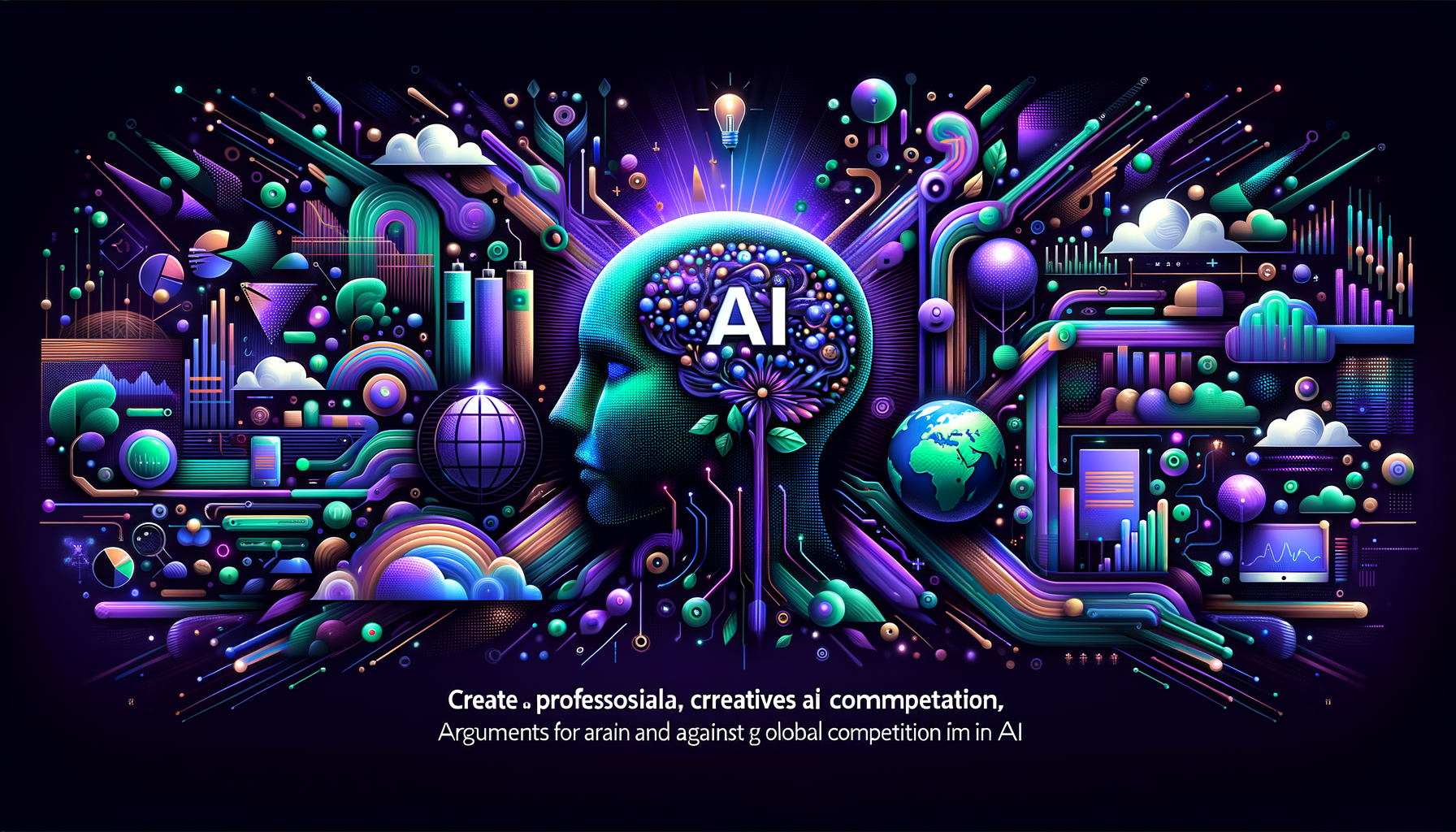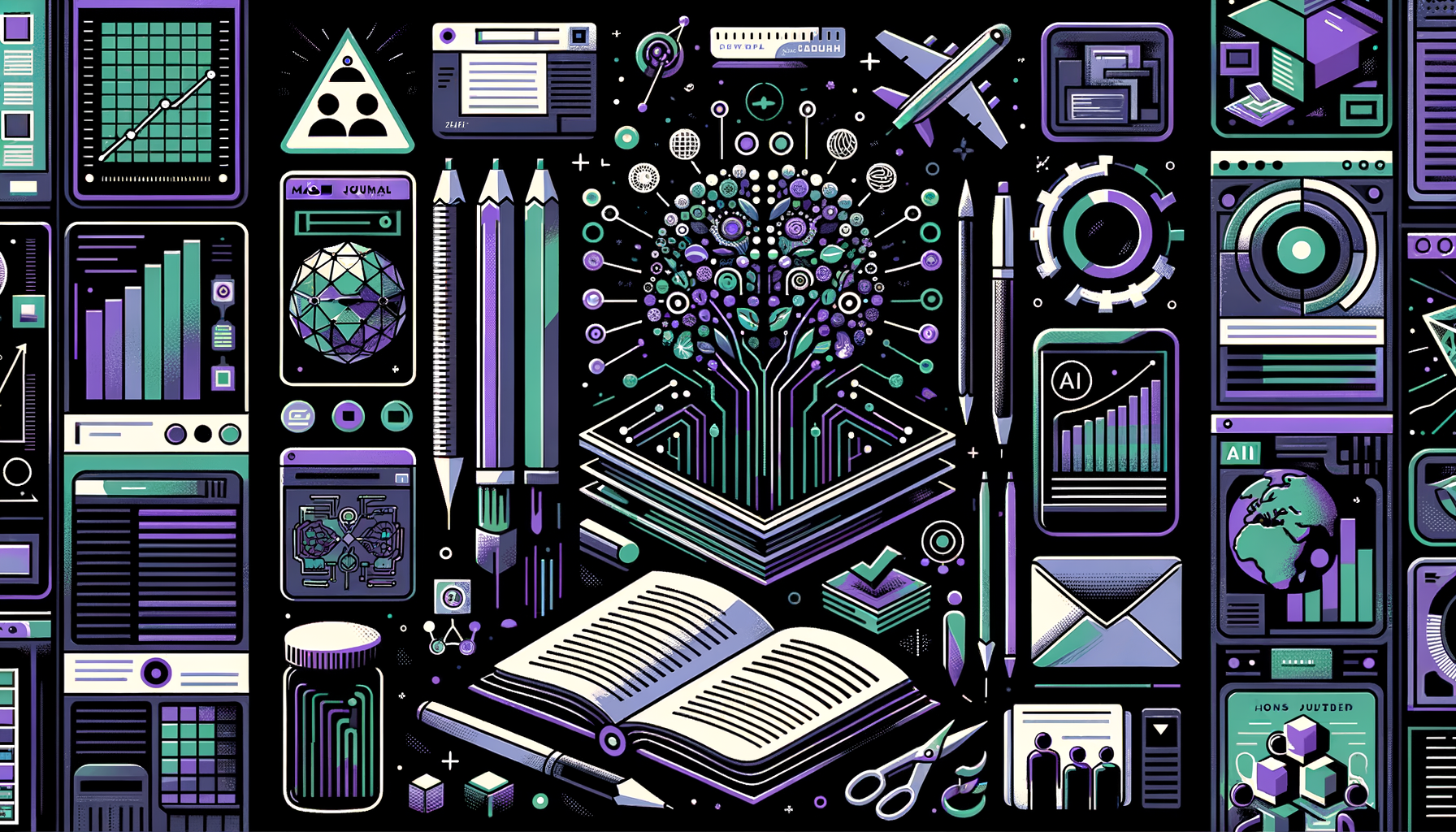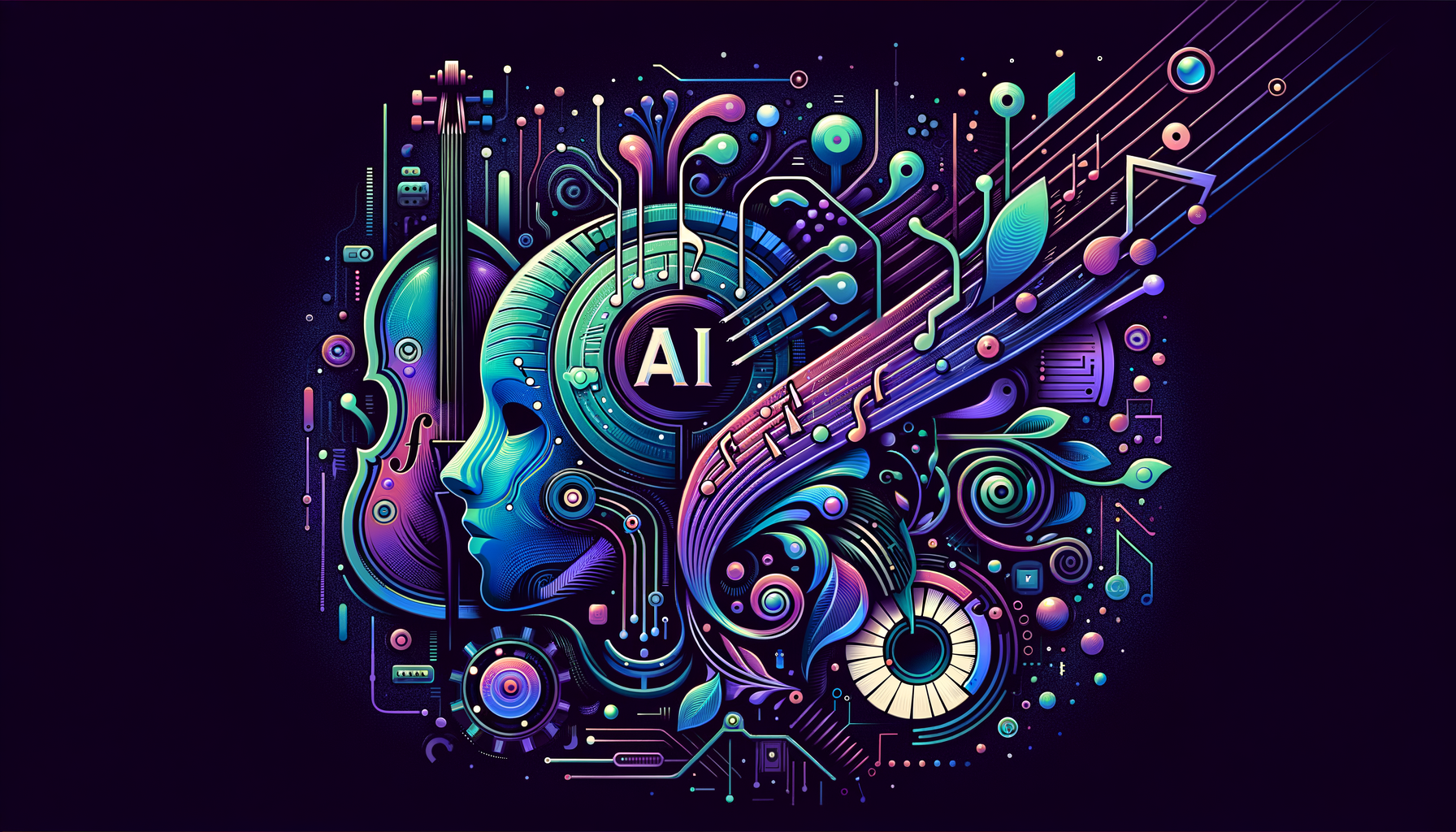The Blurred Line Between Human Interaction and AI Chatbots: A Deep Dive
In an era where artificial intelligence (AI) is becoming increasingly intertwined with our daily lives, the question of whether AI chatbots can blend seamlessly into human communication has emerged as a topic of significant interest. This article will explore the advancements in AI chatbot technology, their potential, the ethical considerations, and the impact on businesses and individuals. To provide a comprehensive understanding, we will also contrast information garnered from various reputable sources and delve into case studies and statistical data.
The Evolution of AI Chatbots
AI chatbots have come a long way since their inception. Early versions relied heavily on pre-programmed responses and could handle only simple, structured queries. However, with advancements in machine learning (ML) and natural language processing (NLP), modern chatbots can now engage in more natural, human-like conversations.
Milestones in Chatbot Development
- Eliza (1966): One of the earliest chatbots, designed to simulate a conversation with a psychotherapist.
- ALICE (1995): An early attempt at creating a conversational agent using heuristic pattern-matching.
- Siri (2011): Apple’s virtual assistant brought voice recognition and AI interaction to the mainstream.
- GPT-3 (2020): OpenAI’s language model capable of generating coherent and contextually relevant text based on vast amounts of training data.
The Capabilities of Modern AI Chatbots
Today’s AI chatbots, powered by neural network architectures and vast training datasets, can perform a wide array of tasks:
- Customer Support: Providing 24/7 customer service, answering FAQs, and resolving common issues.
- Lead Generation: Engaging potential customers and guiding them through the sales funnel.
- Personal Assistance: Managing schedules, setting reminders, and providing personalized recommendations.
- Content Creation: Generating articles, marketing copy, and even creative writing.
Ethical Considerations and Challenges
While AI chatbots offer numerous benefits, they also raise several ethical and practical concerns:
Deception and Trust
One of the significant ethical dilemmas is whether users should be informed that they are interacting with a machine. Instances where chatbots mimic human interaction too closely can lead to deception, eroding trust. Transparency is essential to maintaining ethical standards and user trust.
Bias and Fairness
AI systems learn from data, and if that data is biased, the AI can perpetuate and even amplify those biases. This can lead to unfair treatment of individuals based on race, gender, or other characteristics. Ensuring data diversity and implementing robust bias-detection mechanisms is crucial.
Privacy and Security
AI chatbots often handle sensitive data, making cyber security a critical concern. Robust encryption protocols and secure data handling practices are necessary to protect user information from breaches and misuse.
Learn more about our cybersecurity services to ensure your chatbot implementations are secure.
Impact on Businesses and Individuals
Business Benefits
For businesses, AI chatbots can lead to increased efficiency, cost savings, and enhanced customer satisfaction:
- Scalability: Unlike human agents, chatbots can handle multiple inquiries simultaneously without compromising on quality.
- Cost-Effectiveness: Reducing the need for extensive human customer support teams.
- Data Gathering: Collecting valuable insights into customer preferences and behavior, informing better business decisions.
Individual Advantages
On the individual level, AI chatbots can provide personalized and convenient services, enhancing user experience:
- Availability: Offering 24/7 support and interaction, catering to user needs at any time.
- Personalization: Tailoring responses based on previous interactions and user preferences.
Case Studies and Real-World Examples
Global Enterprises Leveraging AI Chatbots
Companies across the globe are leveraging AI chatbots to streamline operations and improve customer interaction. For instance, banking giants like Bank of America use chatbots like Erica to help customers manage their finances through voice, text, and tap. In the retail sector, H&M employs chatbots to assist customers with product searches and recommendations.
Statistics on AI Chatbot Adoption
According to recent studies, the adoption of AI chatbots is on a steady rise:
- 35%: Percentage of consumers who are willing to make purchases through chatbots.
- 80%: Proportion of businesses planning to incorporate chatbots by 2023.
- 50%: Increase in customer care response speed reported by companies using chatbots.
Developing Ethical and Effective AI Chatbots
Following Best Practices
To develop ethical and effective AI chatbots, it’s important to follow best practices, including:
- Transparency: Clearly informing users they are interacting with a chatbot.
- Bias Mitigation: Using diverse datasets and continuous monitoring to avoid biases.
- Security: Implementing strong encryption and data protection measures.
- User Feedback: Collecting and analyzing user feedback to improve chatbot performance and relevance.
At Hodeitek, we are dedicated to helping you design and implement secure and effective AI solutions. Visit our contact page to learn more about how we can assist you.
Conclusion
AI chatbots represent a significant leap forward in the way we interact with technology. While they offer numerous advantages in terms of efficiency, cost savings, and user experience, it is crucial to address the accompanying ethical and security challenges. By leveraging best practices and robust cyber security measures, businesses can harness the power of AI chatbots to drive growth and innovation.
Ready to integrate AI chatbots into your business strategy? Explore our range of services at Hodeitek and get in touch with us today to start your journey towards a more efficient and customer-centric future.






